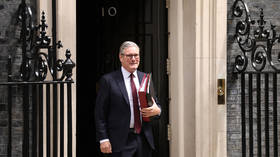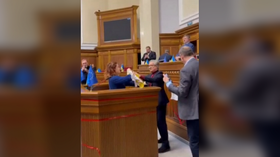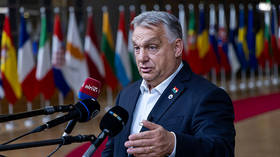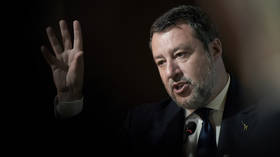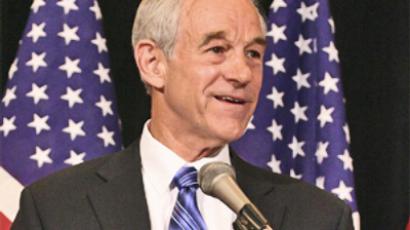Future of US space program in doubt
As the space shuttle Atlantis blasts of on what is likely it's final mission, US senators debate the future of American manned space flight.
The space shuttle Atlantis blasted off from the Kennedy Space Center on May 14 on what is likely to be its last mission. As the US winds down the space shuttle program many questions remain.
The American space strategy is still rooted in the culture of the late 1960s and with the end of the Cold War, changes in US foreign policy and with the economy in recession, support for the expensive technology to put humans in space has waned.
“I cannot support going into space as an end in itself,” said Sen. Jay Rockefeller (D-West Virginia) at a recent Senate hearing on NASA funding.But the hearing featured two unwavering supporters of manned space flight—Neil Armstrong, the first man on the moon, and Eugene Cernan, the last. Both men are proud of the US space program and want to do whatever they can to help it continue.
“Those flags that fly today in the valleys of the moon are not blue flags. They're not red flags. They're American flags," said Cernan
"America is respected for its contributions it has made in learning to sail this new ocean," said Armstrong.
There are three aging space shuttles in NASA’s program: The Atlantis, the Discovery and the Endeavor. When they are no longer blasting off, the plan is for US astronauts to travel on Russia’s Soyuz spacecraft , or on those belonging to a private company.
This may be a cheaper plan, but some lawmakers think the space program is about more than money. Sen. Bill Nelson (Democrat-Florida) was also present at the hearing. In addition to his role as a US senator, Nelson is a former NASA payload specialist who flew on the space shuttle Columbia.
"We, as Americans, are, by nature, explorers,” said Sen. Bill Nelson (Democrat-Florida). “We've always had a frontier. That frontier is no longer westward. It's upward."





